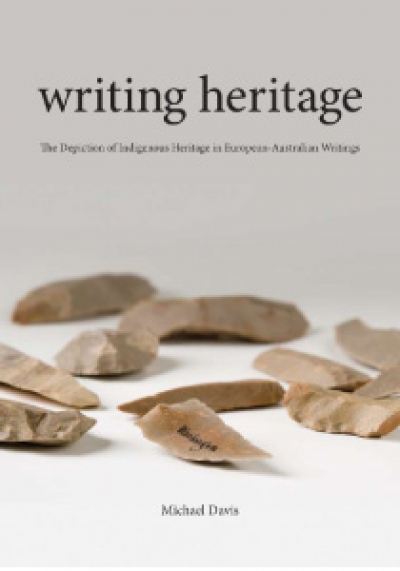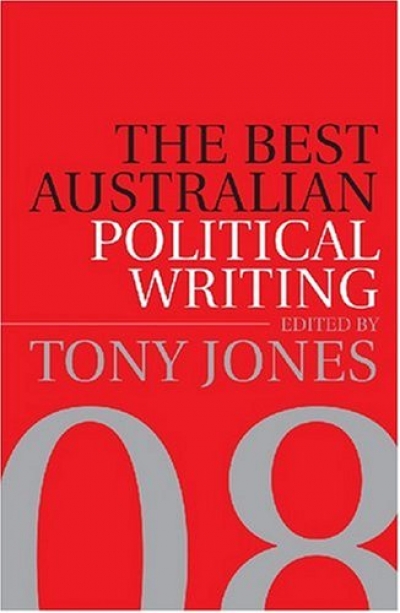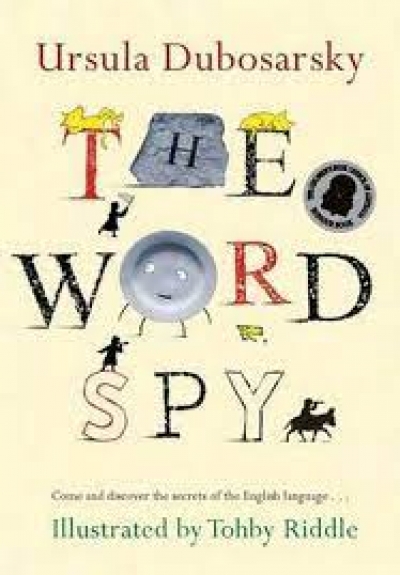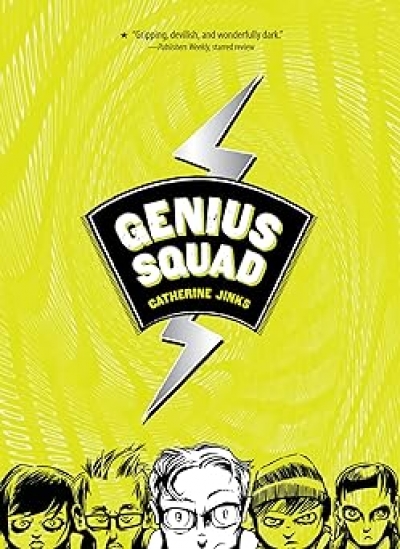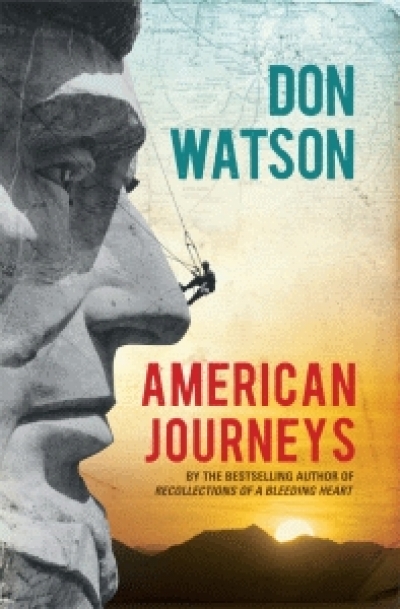Accessibility Tools
- Content scaling 100%
- Font size 100%
- Line height 100%
- Letter spacing 100%
Archive
Writing Heritage: The depiction of Indigenous heritage in European-Australian writing by Michael Davis
communication / community / commune / communion / common : mingle together as one
Let us begin with two remarkable observations:
1. Apes cannot speak
2. Apes cannot play a piano
Why should this be the case? After all, great apes such as chimpanzees and gorillas are our closest living relatives, and share most of our genetic heritage. They have well-formed hands that they can use to manipulate their environment. Their brain is more like ours in its structure and organisation than that of any other animal; from it they generate some disturbingly familiar behavioural traits.
... (read more)John Button was rare man, rare for any time, any place and in any calling. The public face – the Senator John Button, long-time Leader of the Government in the Senate, the hands-on, hard-hat minister of the Button car plan, the policy innovator and party reformer, the straight talker, unbridled political wit, notorious doodler, note writer, and scribbler of politically incorrect postcards to Senator Bronwyn Bishop (imagine it!) – that is the John Button Australia knows. His achievements have been many and they are exemplary.
... (read more)The Best Australian Political Writing 2008 edited by Tony Jones
The Word Spy by Ursula Dubosarsky (illus. Tohby Riddle) & The Reading Bug and How to Help Your Child Catch It by Paul Jennings
Genius Squad by Catherine Jinks & At Seventeen by Celeste Walters
Lifting the flap
Dear Editor,
I had always believed that the only thing worse than a bad review was not to be reviewed at all, to be ignored. Now I find that there is something even more galling: to be reviewed by someone who is more concerned to air his and other peo ...


